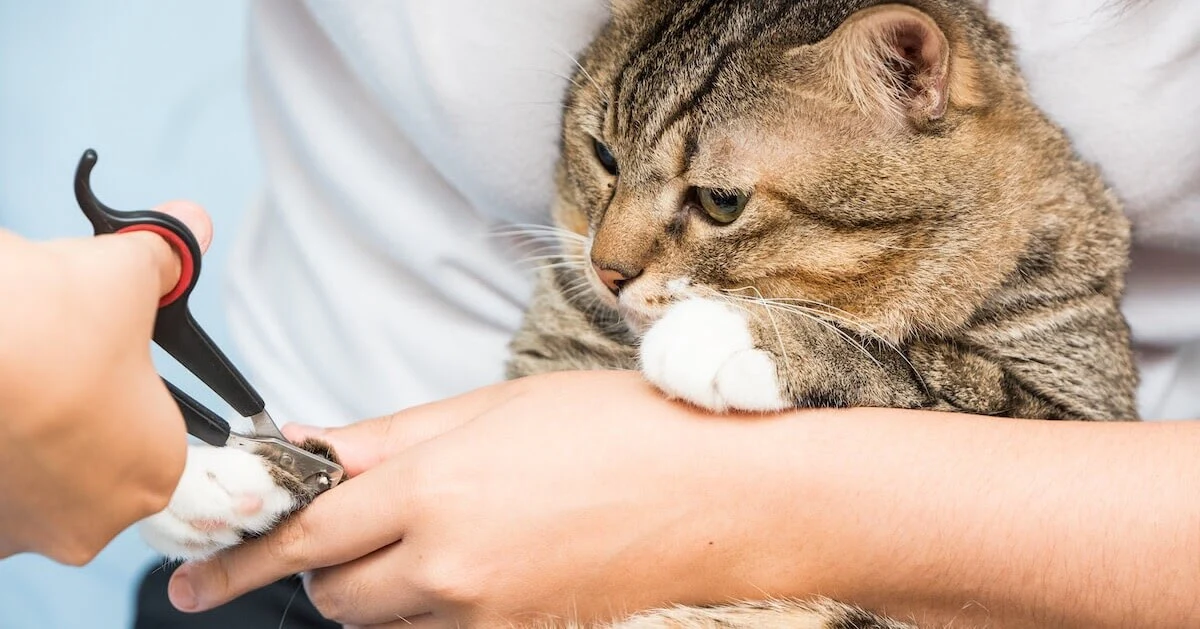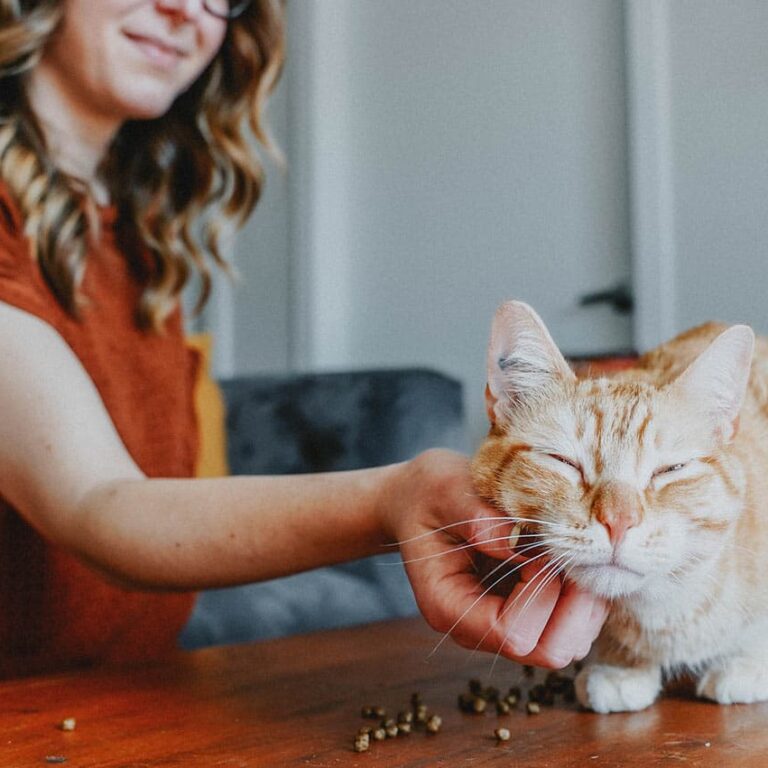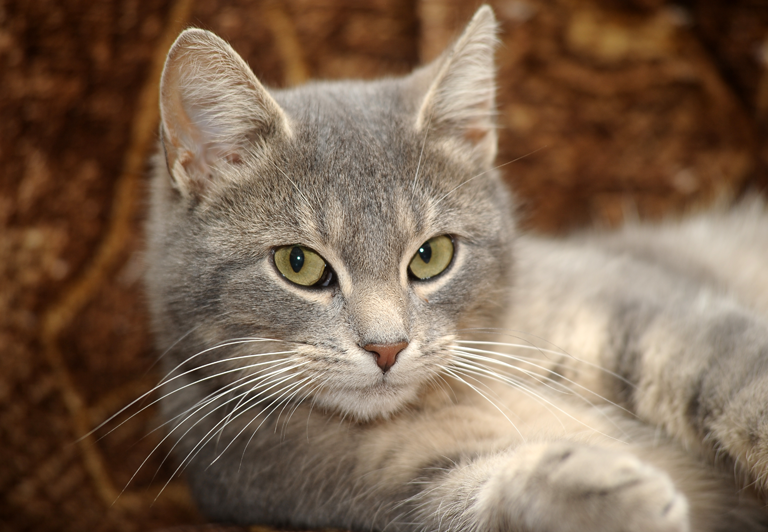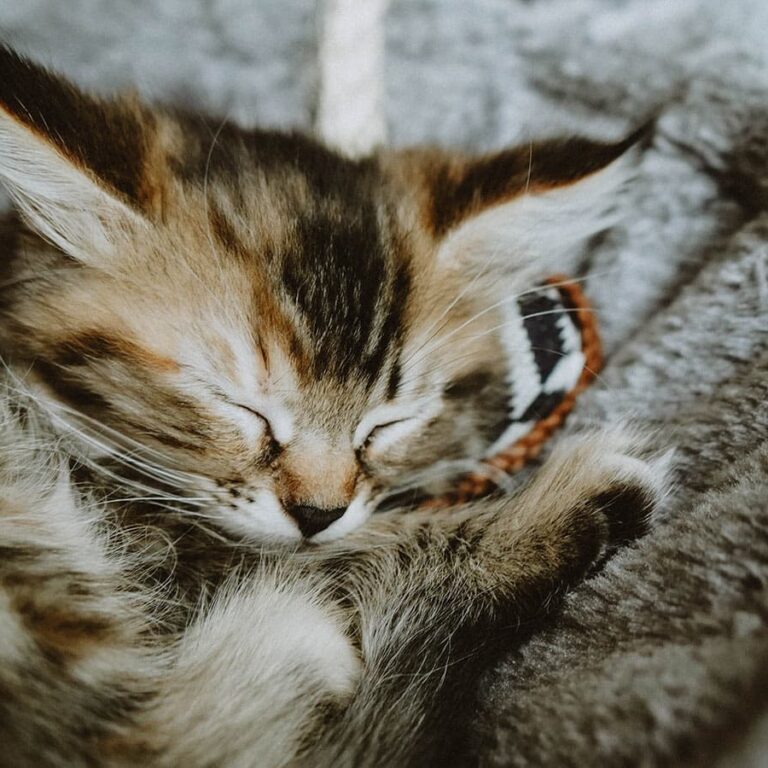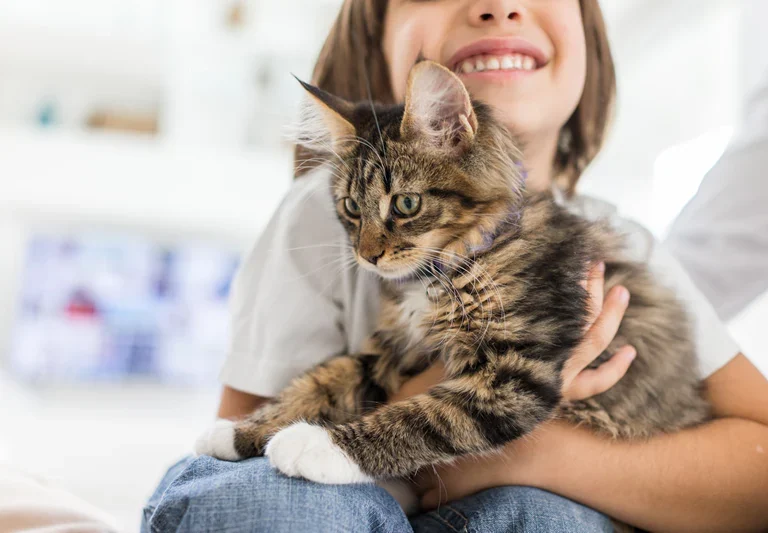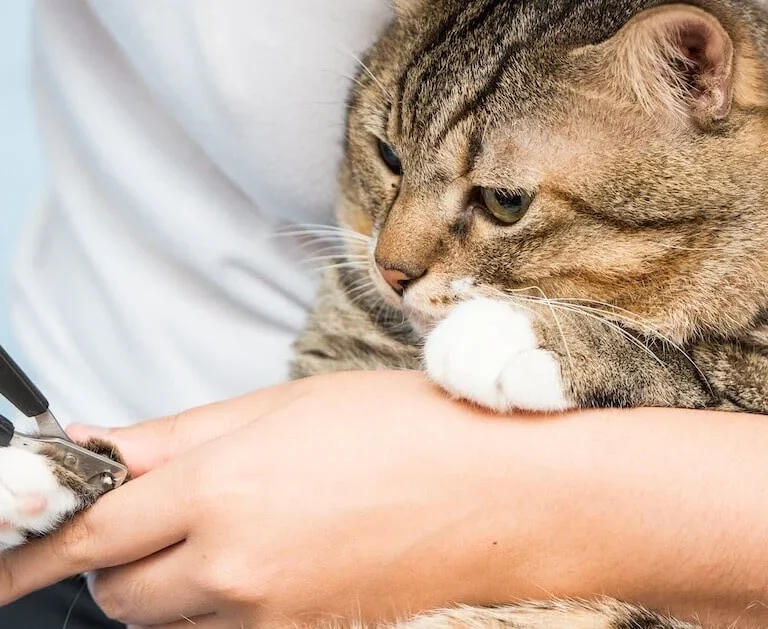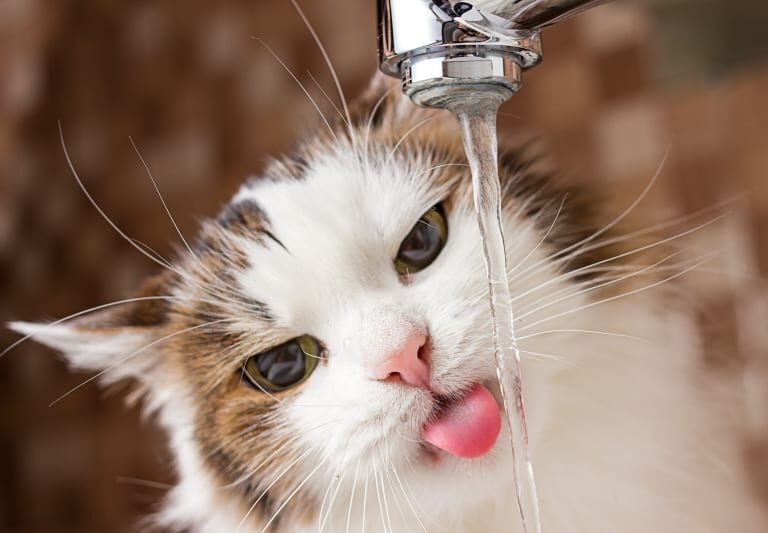How to Choose the Right Kitten Food?
As many pet parents know, kittens have individual dietary needs. Therefore, selecting appropriate food is of utmost importance for ensuring proper growth.
Look for diets with an AAFCO nutritional adequacy statement and are complete and balanced for their life stage. Additionally, high protein content should be available, along with adequate levels of fats.
Protein
Protein is essential when selecting food for kittens as it provides energy sources. Since kittens are still developing and need fuel their metabolisms, look for food with AAFCO Life Stage classification for Kittens or All Life Stages that is rich in animal proteins such as chicken, lamb, fish and egg, along with DHA from fish oil to support brain and eye development and taurine which is key in supporting heart health.
Avoid foods containing vegetable proteins as these can be difficult for young cats to digest and aren’t as concentrated. Instead, opt for poultry meal, turkey meal and meat “byproducts”, which provide ample and concentrated sources of protein.
Carbohydrates
Carbs are not only essential sources of energy for cats but they are also an integral component of their diet. To maintain steady blood sugar levels and ensure digestive comfort for kittens, the ideal cats’ food would include carbohydrates with low glycemic index such as sweet potato or cassava that digest slowly to provide energy as needed by cats.
Cats are obligate carnivores and require ample amounts of animal protein in their diet for proper development. Selecting food that provides plenty of animal proteins while remaining low on carbohydrates is the best way to guarantee they receive all their vital vitamins and nutrients.
When selecting kitten food, look for ones developed using AAFCO feeding trials. This should be indicated on the label by either “Formulated to meet AAFCO Standards” or “AAFCO Feed Trial Results”. Generally speaking, wet food that’s rich in animal proteins but has only moderate carbs will likely be most suitable.
Fat
Many dry foods include liquid fats and proteins to increase palatability for fussy kittens, making the food more appetizing to them. Unfortunately, too much fat may lead to digestive issues and diarrhoea if consumed too frequently.
The optimal cat food will contain high-quality proteins with moderate levels of fats, such as muscle meat, organ meat and fish proteins near the top of its ingredients list. Meals (containing bones) do not offer comparable nutrition value.
Additionally, be sure to look for food with an AAFCO nutritional adequacy statement to make sure it fits with your kitten’s requirements. When making changes to their diet gradually, consult with a veterinarian first as well as consider body condition, GI health status and caloric requirements before proceeding further with changes. They may provide further recommendations that you might want to consider.
Fibre
Your feline deserves the best food to grow up healthy and strong, from proteins for building muscles and bones, to fibre for maintaining regular digestion. When selecting kitten food for your cat’s diet, ensure it contains all of its necessary nutrients for maximum development and optimal growth.
Good kitten food should contain DHA, an essential fatty acid for brain development, along with folic acid and taurine to encourage cell division and proper cell growth. You should find this information on the pet food label with meat proteins (preferably organ meats) appearing near the top.
Before choosing a diet for your kitten, it is wise to consult your veterinarian in order to ensure it meets his or her unique nutritional needs and health concerns. For instance, diabetic cats or those living with kidney disease might require canned food as part of a treatment plan.
Vitamins
An ideal kitten food will include all of the necessary vitamins and nutrients, including taurine for heart function and vision, DHA to support brain development, amino acids as building blocks of protein that build strong muscles and bones, etc.
Kittens require food that contains high concentrations of animal proteins while being low in fat content to safeguard their immature digestive tracts and immune systems. Furthermore, kittens require increased levels of vitamin A supplementation as well as various amino acids for optimal growth and development.
Avoid cat foods designed specifically for adult cats or those high in fibre, which could pose digestive challenges, by choosing food that has undergone AAFCO feeding trials and includes a statement of nutritional adequacy on its label. Usually found under Guaranteed Analysis section. This statement indicates whether or not the food meets dietary requirements for kittens such as growth and reproduction or all life stages. Avoid foods specifically intended for adult cats as these could potentially pose digestive issues.
Minerals
Minerals are inorganic elements essential for cat health. They can come from animal or plant sources (like bone meal) or be added by pet food manufacturers to produce nutritionally complete and balanced diets for your feline friend. Quality kitten foods will offer guaranteed analyses to show exactly which minerals are included in each food product.
Kittens need many essential minerals and vitamins, especially copper, iodine and vitamin A, for proper development. In addition, calcium and phosphorus help form strong bones and teeth. All of these essential nutrients can be found in many different forms of food for kittens – wet or dry food alike – so choosing one with balanced ratios is vitally important.
Wet food contains more water, making it easier for kittens to remain hydrated. But for maximum effectiveness it is wise to introduce both wet and dry food sources early, in order to provide them with a well-rounded diet as an adult.

